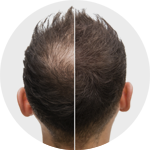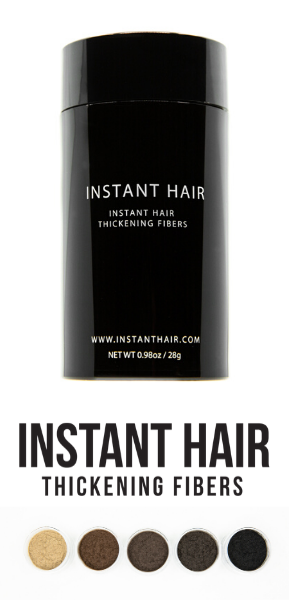Impact of Hair Loss on Women
About 10 to 20 percent of the patients seen at the Toronto Hair Transplant Surgeons who are concerned with hair loss are female. For a woman, more so than for a man, hair is a defining point of personal style. For most women, losing hair is often a traumatic experience. Most of the women can be close to tears when discussing their daily struggle with attempts to cover up their thinning hair. Adding to the problem is the fact that many females feel they have been “brushed off” by family doctors and dermatologists, who make them feel like they are worrying about something insignificant. Of course, what these physicians don’t seem to realize is that the psychological damage caused by hair loss and feeling self-conscious can be just as devastating as any serious disease, and in fact, can take an emotional toll that directly affects a woman’s physical health.
The following is an actual letter sent to us by a female patient. The letter expresses the anguish that we see in so many women who are frustrated with the hair loss they are experiencing.
“I’m a 33-year-old woman who noticed gradual hair loss a decade ago, worsening over time. Feeling helpless, I tried numerous solutions but faced increasing anguish, altering my life to avoid public situations. It was mental torture. Despite seeing multiple doctors attributing my hair loss to chronic issues without solutions, hope came in the form of Dr. Robert Jones from Oakville, Ontario.
Discovering Dr. Jones‘ website, I scheduled a consultation and eventually underwent a hair transplant. Initially disheartened by small blood dots post-procedure, patience was key. Three months of anticipation felt like an eternity until I noticed the first signs of growth, bringing immense joy!
Now, a year post-procedure, my hair is notably fuller, restoring my confidence and allowing me to embrace life again. Dr. Jones, a skilled and compassionate physician, provided the support I needed. I encourage women not to suffer alone; help is a phone call away.”
Thinning and balding are mistakenly thought to be strictly male phenomena. According to the American Academy of Dermatology, 40 percent of women have visible hair loss by the time they are age 40, and about 80 percent of females develop some recession of their hairlines as well, as part of the normal maturation process.
The American Hair Loss Association recognizes hair loss in women is a serious life-altering condition that can no longer be ignored.





















